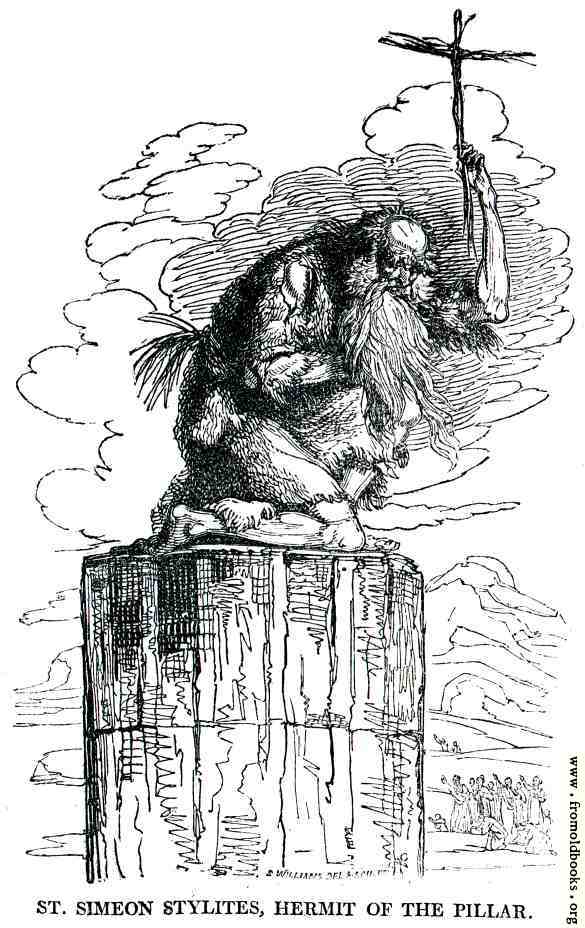Guest Post: "Dune" by H.L. Crawdad
DUNE
Author: Frank Herbert
A science-fiction novel; first published in 1965.
(Rating: 5 Stars; objectionable material in book: use of drugs, sexual themes including homosexuality, extensive violence, pyschology that conflicts with Catholic teaching)
PLOT SUMMARY
It's Muhammad with laser guns! Seriously, even I couldn't escape the conclusion that Dune is based upon the emergence of Islam. However, instead of the Angel Gabriel, however, a series of supernatural coincidences, skillfully-planned military campaigns, and daring deeds makes the son of a duke, Paul Atriedes, leader of a fierce, tough band of desert men, the Fremen, sworn to spread their religion across the galaxy and turn mankind upside down (or spill its collective guts). The story is enhanced by lots of drug abuse and combat.
CHATTERING ABOUT THE BOOK
A little detail on Frank Herbert. He published this book in 1963, about the time LSD and similar hallucinogens were discovered and began to be produced. He also used them.
This accounts for the major role that "melange" and various other drugs have in the story. The purpose of these drugs is to get into the subconscious, non-rational core of mankind; Paul's success in doing so gives him the power to see into the future, although not completely.
Paul, as you may have guessed, is not a very pious sort. He is driven by a "terrible purpose" of unknown origin, not by anything resembling love of God. Yet this "terrible purpose" seems to have godlike control over the events of this world; past, present, and future. Over the course of the book, it becomes obvious that most of the major characters were unconsciously preparing for the "messiah." Despite this unseen influence, Paul gets to choose what he does; up to the very end he knows he can be killed and defeated. Free will, of course, is necessary in any story, especially fantasies like Dune; without free will, most stories would be dull as instruction manuals.
One thing that impressed me about Dune was its "world-building." It may seem unbelievable, but swords and laser guns coexist in Dune. Herbert pulls this off by inventing "shields," a kind of force-field that, when shot with a laser, destroys both the shield-wearer and the laser-wielder in a nuclear reaction. The shields only let slow-moving substances pass through; it is therefore necessary to gradually pass a blade through this invisible wall to kill your enemy. This explanation also gives Herbert an opportunity to describe some very interesting sword fights.
With all the other cool gadgets and talents featured in the book, Herbert gives a more-or-less believable explanation, and remains consistent. The organizations of Dune, such as the feudal government and the Bene Genesserit (an all-female combination of the KGB, a pyschological institute, and an order of nuns) are also developed well.
(A parenthesis: Unlike a certain, larger fantasy, known for its huge appendices, Dune has only 40 pages of explanatory material at the back; however, only the glossary is actually necessary for enjoying the book. In fairness, the unnamed fantasy doesn't require you to read the appendices either. I strongly recommend reading the glossary first, referring to it when necessary, then reading the other appendices once you feel like it.)
However, I have to say my favorite part of Dune is the villain, Baron Vladimir Harkonnen. A very fat, disturbingly homosexual, subtly wise, and Machiavellian man, the Baron is a perfect embodiment of evil, and an interesting character to boot. His interactions with his two nephews and advisors are tense and disturbingly revealing of the Baron's true character. Best of all, he suffers a grimly humorous demise, which I naturally will not spoil by describing.
Unfortunately, the dialogue - especially that of the 'good' characters - tends to have annoying pyschological talk, necessary to the plot but grating to the mind. Herbert also feels the need to add some damned awful free verse to the book - again, the verse makes sense in the plot line but rubs me the wrong way.
(Another parenthesis: Herbert refers to a drug-music combination called "semuta," a sort of super-sedative that creates "sustained ecstasy." This drug-music idea, oddly enough, always reminds me of Jefferson Airplane.)
It's a weird book in many ways, and has reams of morally repugnant events scattered throughout. However, the plot is both exciting and believable, and the main antagonist is an especially interesting character, thus making Dune a very enjoyable book. If you are into science fiction or like to read long fantasies, I definitely recommend Dune.
H. L. Crawdad is a freelance columnist whose articles have appeared in the Mobile Register, the Houston Chronicle, The San Antonio-Express-News and other newspapers throughout the Southern US. He has 1 wife and approximately 59 children, all of whom have moved out. In May of 2007, he received the Mudball Award, given by the Library of Congress to honor talent among crustacean writers, for his short story "The Shell of an Idea." This essay was never before published, and is copyrighted ©2007, H. L. Crawdad & Works.








|